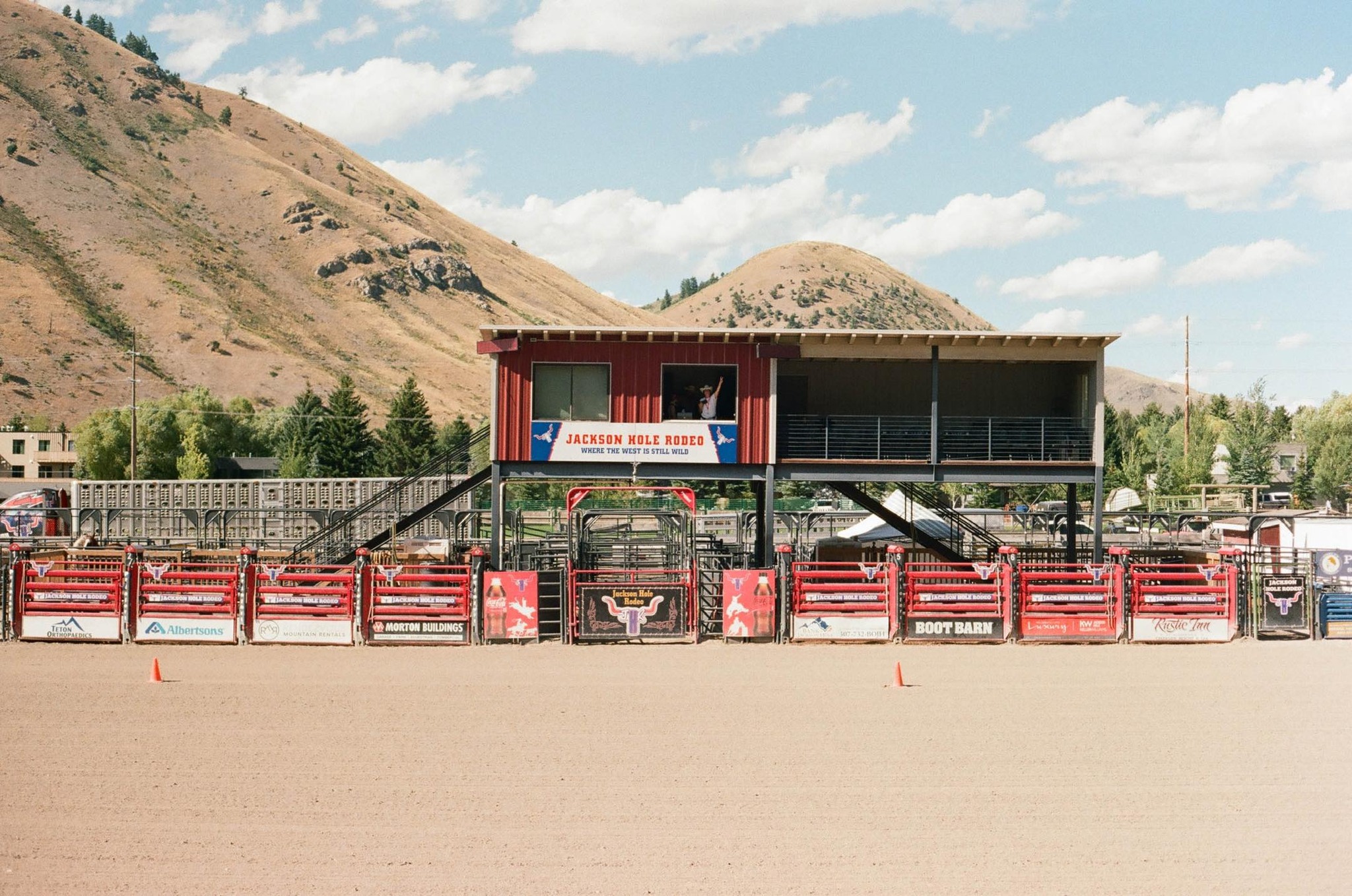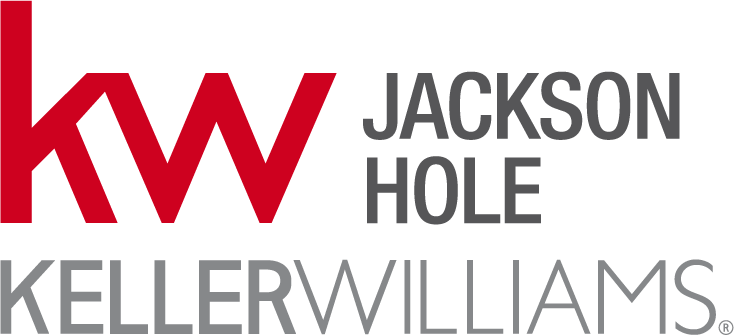No one knows more about the building process in Jackson Hole than the industry professionals themselves. With years of experience under their belts, they’ve seen it all, and know the ins and outs of how to build the perfect home in the Tetons. Building your dream home is no small feat—it involves complex regulations, steep costs, and long timelines. To help demystify the process, we sat down with some of Jackson’s top industry professionals to answer the most common questions prospective builders have.
Whether you’re deciding between remodeling an old cabin or building your dream home from the ground up, this Q&A covers what you need to know before breaking ground.
Getting Started: Understanding the Timeline
Q: How long does it take to build a home in Jackson Hole?
A: From start to finish, a ground-up build can take two to three years. The permitting process alone can range from three months to over a year, depending on location, complexity, and regulatory reviews. Weather delays, environmental studies, and material shortages can also extend the timeline, says Jeremie Moore, president and founder of general contracting company Serenity, Inc.
Q: What is the best time of year to begin construction?
A: Contractors recommend starting construction between April and September, as winter weather in Jackson significantly slows down construction and increases costs.
Land Acquisition & Regulations: What to Consider
Q: What regulations affect land development in Jackson Hole?
A: Teton County enforces Land Development Regulations (LDRs) that cover everything from zoning to fire safety to site design. These regulations are particularly strict in Jackson, and Jeremie explains, “The regulations are restrictive, so a lot of projects require creative planning and financing to make them feasible.”
Q: What is the Natural Resource Overlay (NRO), and how does it impact building?
A: The Natural Resource Overlay is a 3-tier system aimed at protecting the region’s water, wildlife, and natural resources. If your property falls within the highest tier, you may be required to conduct environmental studies, which can delay your project, especially if snow prevents access. Chris Jaubert, principal of A43 Architecture, notes, “A big part of this is water quality—ensuring we’re not building too close to streams and disturbing surface water quality. Minimizing this is a key focus of the NRO.” For more information on the NRO, you can visit the county’s website, contact an agent at Keller Williams, or read frequently asked questions here.
Q: How do terrain and location affect the building process?
A: Jeremie says the topography of the land—such as wetlands, slopes, and tree cover—affects where and how you can build. Other elements, such as the length of your driveway, proximity to ponds, and the need for bridges or retaining walls, can drastically change the scope and construction of the project. In designated areas, you may be required to use specific building materials, and there could be restrictions on fencing due to wildlife concerns.
Q: Is there a difference between building in Jackson or Teton Valley?
A: Land is typically more affordable in Teton Valley, and the licensing requirements for trades are less strict than in Jackson. However, overall construction costs are similar due to limited material and labor resources in both areas.
Q: Why does permitting take so long in Jackson?
A: Permitting in Jackson is notoriously complex due to multiple layers of review, including design committees for commercial or multi-family properties. Even for residential builds, the process can take months longer than expected. Tyler Davis, founder of Keller Williams Jackson Hole, points out that the permitting process in Jackson can be lengthy, and building timelines are often longer than expected. “In Jackson, you might think it’ll be a few weeks, but you may end up needing a few months. It’s always better to ask for extra time upfront and avoid rushing into the process,” he says.
Buying vs. Building: Should You Remodel or Start from Scratch?
Q: What are the pros and cons of a ground-up build?
Pros:
- Complete design flexibility
- Tailored layout and finishes
- Rewarding creative process
Cons:
- Timeline of 2–3+ years
- Higher upfront costs
- Exposure to weather, material, and permit delays
Q: What are the advantages of remodeling an existing home?
Pros:
- Faster move-in timeline
- Fewer environmental approvals
- Easier to manage costs (in some cases)
- Greater flexibility within the existing footprint
Cons:
- Difficult to estimate total cost
- Hidden issues (e.g., outdated systems)
- Regulatory changes can limit modifications
- Older homes may require expensive code upgrades
Q: How much money could I save by remodeling instead of building new?
A: Remodeling has the potential to save you money, but this depends heavily on the property condition and scope of work. If extensive changes are needed, you may be better off building new. Chris Jaubert puts it plainly: “What you’re giving up with a remodel is flexibility. You’re beholden to the existing footprint unless you’re willing to make substantial renovations.”
Pricing: The Cost of Building in the Tetons
Q: Why is it so expensive to build in Jackson?
A: Jackson’s high building costs stem from a combination of factors:
- Limited suppliers for materials like concrete and aggregate
- Remote location, which inflates shipping and delivery timelines
- Labor shortages, leading to higher contractor rates
- Stringent regulations, including seismic codes and energy efficiency requirements
Q: What specific building requirements increase costs?
A: Regulatory costs come from local building codes in Jackson, which require the use of thicker wall insulation and larger framing materials (e.g., two-by-sixes instead of two-by-fours) due to seismic and weather-related considerations. Steel is commonly used in homes for structural integrity, especially to accommodate large windows, further driving up material costs. These additional design requirements, while ensuring safety and durability, significantly impact the final cost per square foot.
Tips and Tricks: Advice From Local Experts
Q: What’s the #1 piece of advice for someone just starting the building process?
A: Tyler Davis of Keller Williams emphasizes, “Get your team together early—architect, engineers, consultants. Don’t wait until problems arise to start finding experts.” A skilled real estate agent can be instrumental in providing recommendations for trusted experts in the area.
Q: How can I keep the project moving efficiently?
A: Chris Jaubert of A43 Architecture recommends staying engaged in the process: “Be honest about your decision-making style. Every choice impacts the timeline and the budget—know what you want early.” Knowing your style and aesthetic preferences upfront can help things move along more smoothly. The more work you do in the early stages to clarify your preferences, the more efficient the process will be.
Q: How important is it to understand local rules and regulations?
A: Very important. Regulations in Jackson and Teton County are strict and not always intuitive. Working with an experienced agent is key, as they can help guide you through the nuances of Jackson’s unique rules and regulations, ensuring you avoid any costly mistakes. Tyler recommends that potential buyers familiarize themselves with these regulations early on, so they can make informed decisions. “Know the entitlement process and ask the right questions about timelines before making an offer. Don’t assume it will be quick—what works in other places might not work here,” he advises.
Q: What advice would you give a seller or agent to set clients up for success?
A: Tyler says, if you’re selling vacant land, do as much upfront research as possible—especially around the NRO and LDRs. Understand what’s allowed on the property and where a house could likely be built. This way, when a buyer shares their vision, you can quickly tell if it’s realistic. Knowing which NRO level you’re in helps manage expectations; some approvals can take months, so both seller and buyer need to understand the actual timeline from the start.
Building in Jackson Hole is a rewarding yet demanding process. From material costs to strict regulations and unpredictable weather, the path to your dream home isn’t always smooth. But with careful planning, the right team, and realistic expectations, the result can be well worth the effort. The Tetons may present unique challenges, but for many, the chance to live in this extraordinary place makes it all worthwhile.
Thinking about building in Jackson or Teton Valley? Reach out to a local agent now, and stay informed throughout the process. Your dream home starts with the right knowledge and the right team by your side.
This article was informed by the following: Tyler Davis—Founder of Keller Williams Jackson Hole; Chris Jaubert—Principal of A43 Architecture; Jeremie Moore—President and Founder of Serenity, Inc.; and Robert Neill—Sales Associate at Keller Williams Jackson Hole.




